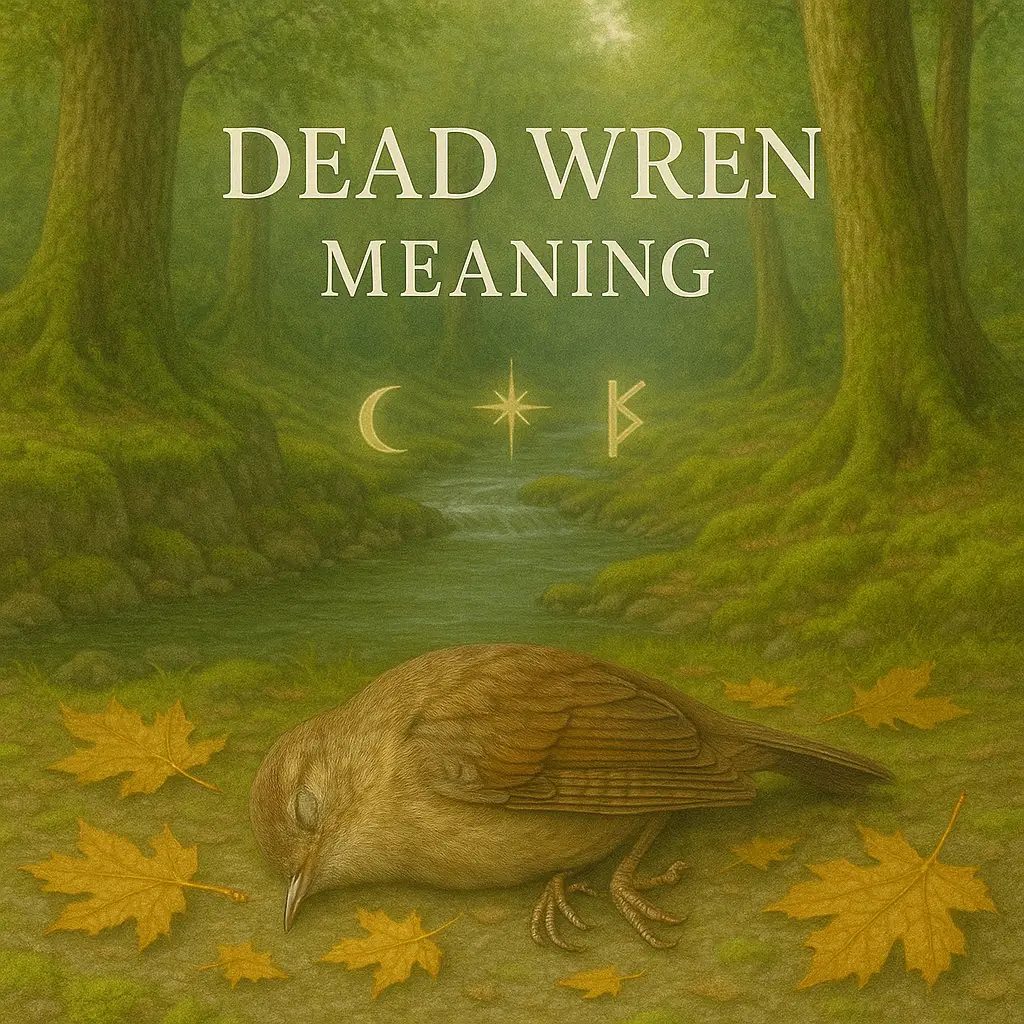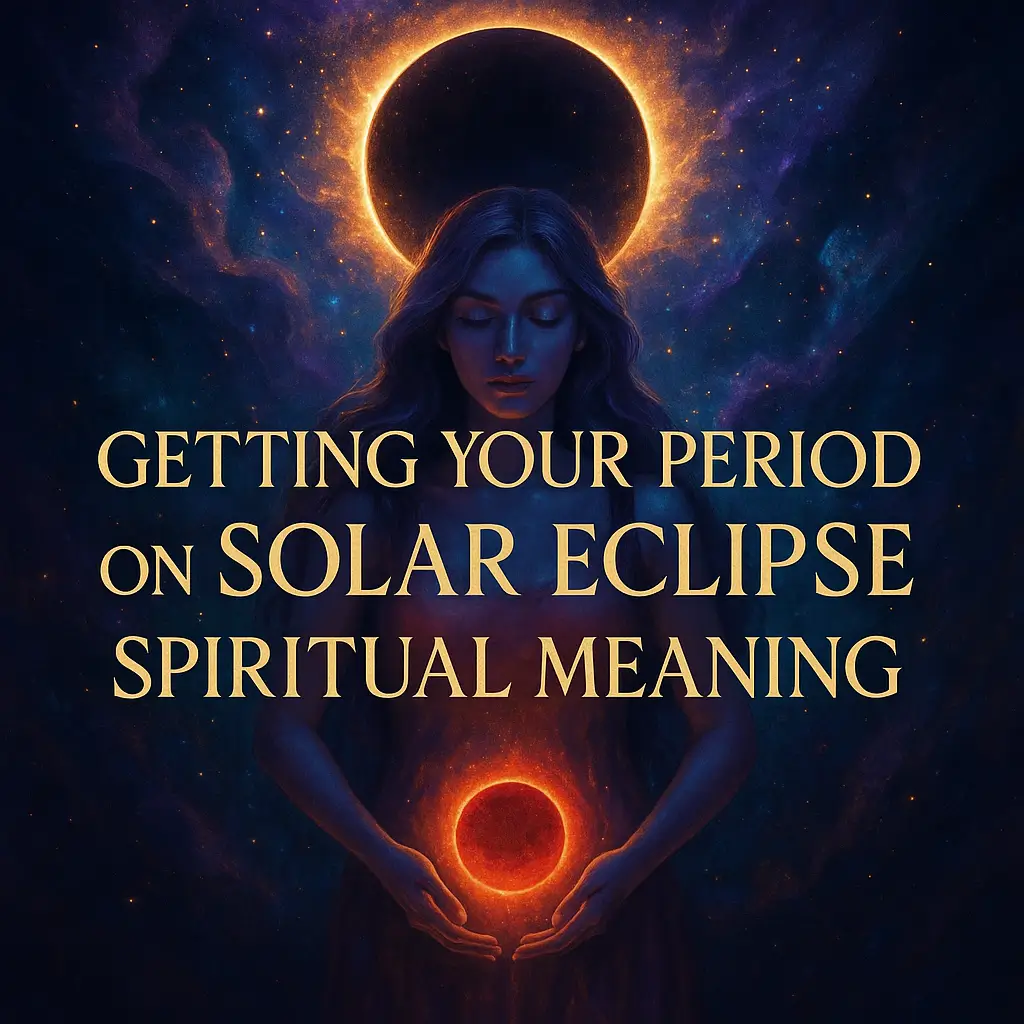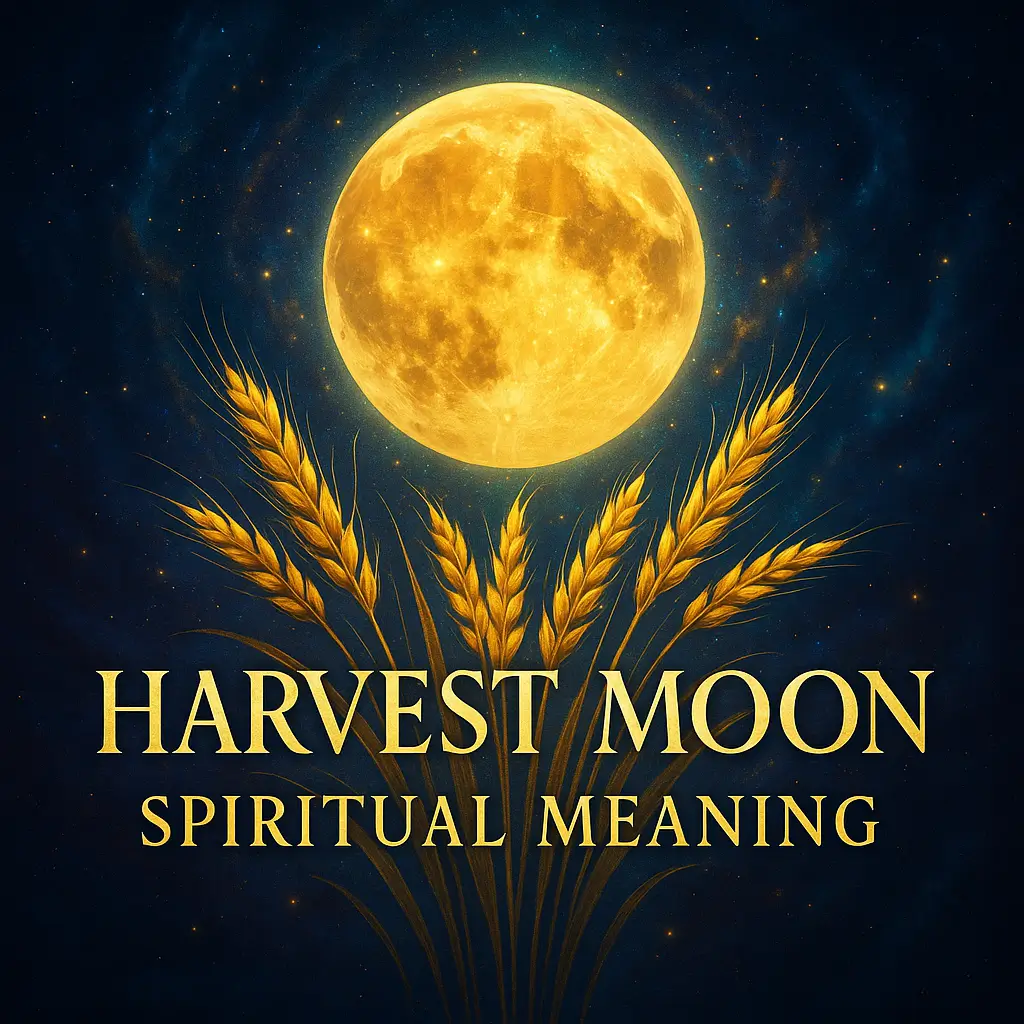When the smallest of creatures passes from this world, a message often unfolds – one that transcends the physical realm and touches our spiritual understanding. Discovering a dead wren can stir complex emotions – confusion, sadness, and a quiet questioning of what this encounter might mean. Despite their tiny size, wrens have carved an outsized presence in spiritual traditions across cultures, from Celtic folklore to Indigenous wisdom.
These diminutive birds, with their vibrant songs and spirited nature, have long been considered divine messengers, carrying wisdom between worlds. Their death, therefore, isn’t merely a natural occurrence but potentially a symbolic bridge between physical reality and spiritual truth. As we explore the dead wren meaning, we’ll journey through ancient wisdom, cultural interpretations, and practical guidance – honoring both the solemnity of death and the profound messages it might carry.
Table of Contents
- 1 Key Takeaways
- 2 The Wren in Spiritual Traditions
- 3 Symbolic Meanings of Finding a Dead Wren
- 4 The Spiritual Messages Behind a Dead Wren
- 5 Practical Spiritual Responses to Finding a Dead Wren
- 6 Differentiating Between Natural Death and Spiritual Signs
- 7 Dreams About Dead Wrens
- 8 Integrating the Message: Personal Growth Opportunities
- 9 FAQ
- 10 Sources
Key Takeaways
- A dead wren often symbolizes transformation and renewal, inviting you to embrace necessary endings in your life journey.
- In Celtic traditions, the wren was considered the “Druid bird” – a sacred messenger between worlds whose death carries particular spiritual significance.
- Finding a dead wren may serve as a gentle reminder to pay attention to overlooked details or betrayals in your life circumstances.
- Creating a respectful burial ritual for a dead wren can help honor its spirit while processing your own emotional and spiritual response to the encounter.
- The context of finding a dead wren (location, timing, personal circumstances) significantly influences its spiritual interpretation.
The Wren in Spiritual Traditions
The wren occupies a paradoxical position in spiritual traditions worldwide. In Celtic mythology, the wren was known as “Drui-en” – literally “the Druid bird” – reflecting its esteemed status as a keeper of sacred knowledge and divine messenger. These ancient Celts believed that wrens could move freely between worlds, carrying wisdom from the gods to humankind. Despite its tiny frame, the wren was connected to powerful deities, particularly Taranis the thunder god, whose messages the bird was thought to interpret.
The wren’s spiritual significance creates a fascinating contradiction – while some traditions revered this small creature, others persecuted it. This duality speaks to the complex symbolism wrens embody: wisdom and betrayal, vulnerability and resilience, life and death. European folklore consistently portrays the wren as cunning and intelligent beyond its size, earning it titles like “king of birds” in many stories where it outsmarts larger creatures through cleverness rather than strength.
This spiritual weight means that when we encounter a dead wren, we’re not merely witnessing the passing of a small bird, but potentially receiving a message laden with ancestral wisdom and divine significance. The wren’s death carries echoes of ancient beliefs about transformation, cyclical renewal, and the delicate boundary between physical and spiritual realms.

The Controversial Wren Hunt
Perhaps the most striking example of the wren’s complex spiritual status is found in the tradition of the Wren Hunt, practiced on St. Stephen’s Day (December 26th) across parts of Europe, particularly Ireland. This ritual emerged from a powerful legend claiming that a wren’s alarm call betrayed St. Stephen’s hiding place to his pursuers, leading to his martyrdom as Christianity’s first saint.
During these historical hunts, young men would capture and kill a wren, decorating its body with ribbons and carrying it from house to house while chanting traditional verses like “Give us a penny to bury the wren.” This practice creates a fascinating intersection where death symbolism merges with renewal – the wren’s sacrifice symbolically marked the death of winter and heralded spring’s eventual return.
Modern ethical sensibilities rightly question these historical practices, yet understanding them provides crucial context for interpreting what a dead wren might symbolize. The tradition reveals how deeply intertwined the wren was with concepts of betrayal, sacrifice, and cyclical renewal – themes that continue to resonate when we encounter a dead bird omen today.
Symbolic Meanings of Finding a Dead Wren
When you discover a dead wren in your path, your initial reaction may be to assume it represents something ominous. However, spiritual wisdom encourages us to pause and reflect before leaping to negative interpretations. The wren, even in death, carries nuanced symbolic meanings that transcend simplistic good/bad categorizations.
Primarily, a dead wren symbolizes transformation and life transitions. Just as the wren moves between worlds in Celtic mythology, its death may indicate you’re standing at a threshold between chapters in your own life. This could manifest as career changes, relationship evolutions, or spiritual awakenings that require letting go of old patterns.
The wren as messenger between realms suggests that its death might represent communication from ancestors, spirit guides, or your higher self. This message often relates to paying attention to subtle details you’ve been overlooking – much like the tiny wren itself is often overlooked despite its powerful song.
Context significantly affects interpretation. Finding a dead wren near your home might indicate domestic transformations, while discovering one on a journey could symbolize a path redirection. Similarly, timing matters – a wren’s death during spring carries different connotations than one found during winter solstice. Your personal circumstances form the final piece of this interpretive puzzle, as the message is uniquely tailored to your life journey.
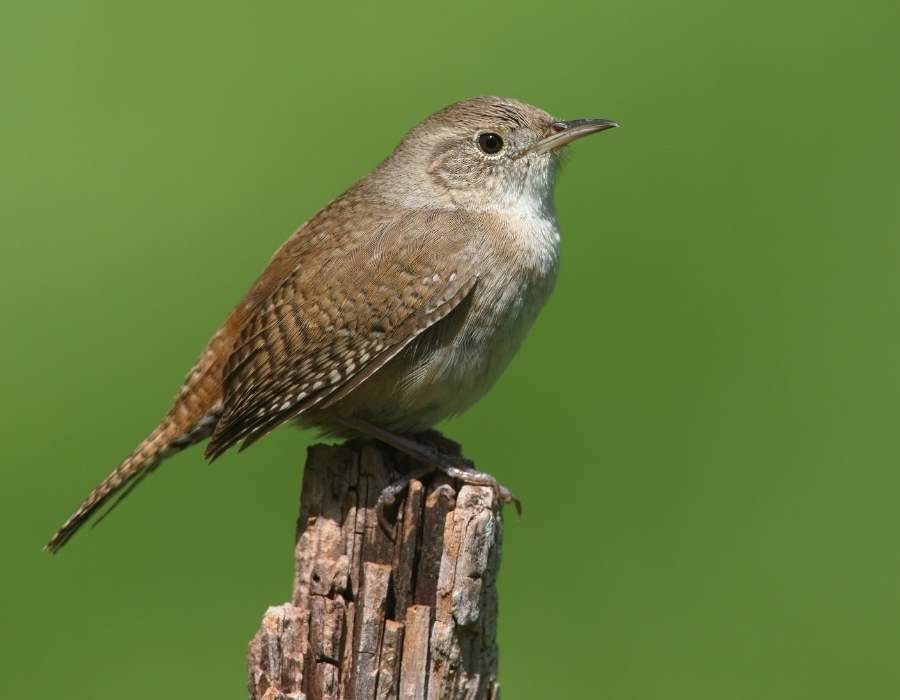
Cultural Interpretations Across Traditions
Cultural perspectives provide rich, diverse lenses through which to understand a dead wren’s significance. In Celtic traditions, a dead wren symbolizes both betrayal and necessary sacrifice. The bird’s association with Druidic wisdom suggests its death might represent the revealing of secrets or hidden knowledge coming to light – perhaps uncomfortable truths that must be faced.
Christian narratives connect the wren’s death to themes of martyrdom and divine justice, echoing St. Stephen’s story. Finding a dead wren might indicate a time of testing faith or standing firm in personal truth despite opposition. Some interpret it as a reminder that even small acts can have profound consequences, just as the wren’s call led to significant events in Christian mythology.
Indigenous perspectives often frame birds that symbolize death as messengers facilitating communication with ancestors. A dead wren might represent an ancestral message about honoring natural cycles of death and rebirth. These traditions emphasize integration with nature’s rhythms rather than resistance to necessary endings.
Modern spiritual interpretations blend these ancient wisdoms with psychological understanding, viewing the dead wren as a symbol for psychological renewal and shadow work. This perspective invites us to examine what small but significant aspects of ourselves need to “die” so that new growth can emerge – a spiritual evolution catalyzed by the humble wren’s passage.
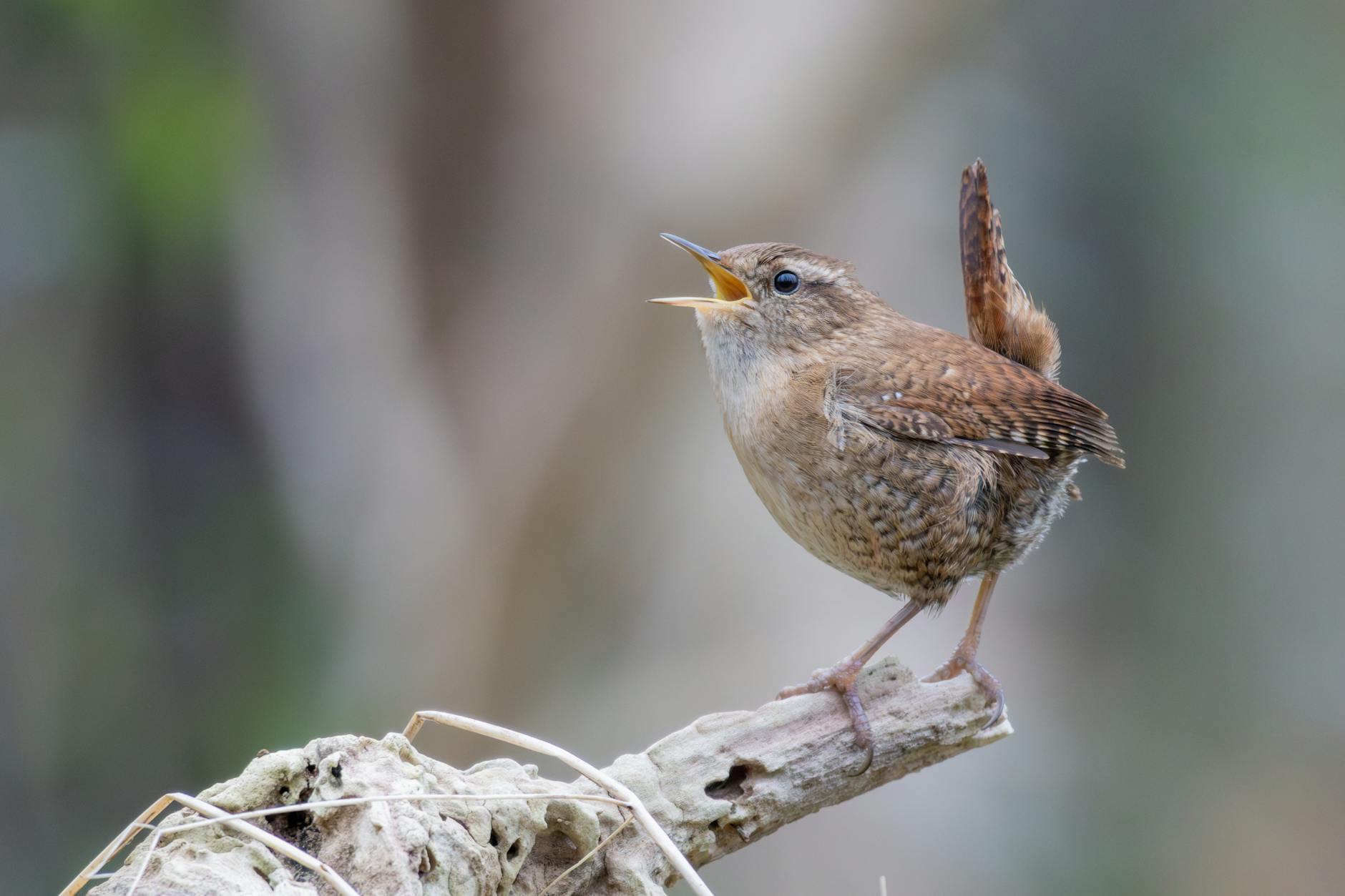
The Spiritual Messages Behind a Dead Wren
Encountering a dead wren often serves as an invitation to examine areas of betrayal or deception in your life. This doesn’t necessarily mean someone is deliberately deceiving you – it might instead point to self-deception or situations where you’ve betrayed your own values or authentic path. The wren’s historical association with betrayal asks us to look honestly at relationship dynamics and personal integrity.
More positively, the dead wren calls us to honor endings while embracing new beginnings. Nature demonstrates that death is never merely an end but always part of a larger cycle of renewal. The wren’s death might symbolize that it’s time to release attachments to outdated circumstances, relationships, or beliefs that no longer serve your growth.
This small bird’s passage also serves as a warning to pay attention to details you’ve been overlooking. Just as the wren is tiny yet significant, there may be seemingly minor aspects of your life deserving closer examination – subtle patterns, quiet intuitions, or small inconsistencies that contain important guidance.
Perhaps most profoundly, the dead wren invites reflection on both the fragility and resilience of life. Despite its diminutive size, the wren survives harsh conditions and predators through adaptability and wisdom – qualities we’re called to develop in ourselves. Its death reminds us that all life is precious and temporary, encouraging mindful appreciation of each day’s gifts.
Personal Transformation Symbolism
The dead wren’s symbolism connects powerfully to Carl Jung’s concept of shadow work – the process of confronting rejected aspects of ourselves to achieve wholeness. Just as the wren was historically associated with revealing hidden truths, its death might indicate it’s time to face uncomfortable realizations about yourself or your circumstances that have remained in shadow.
This tiny bird’s vulnerability mirrors human fragility in profound ways. While we often attempt to project strength and control, the wren’s death reminds us that accepting vulnerability is essential for authentic living and connection. This surrender to life’s uncertainties can paradoxically become a source of genuine resilience.
Psychologically, encountering a dead wren offers an invitation to release outdated habits and patterns. Consider what aspects of your life have reached their natural conclusion but remain artificially sustained. The wren’s death might represent necessary endings that create space for new growth and experiences aligned with your authentic self.
To process this encounter’s personal meaning, try these journaling prompts:
- What situations or relationships in my life feel like they’re completing their natural cycle?
- Where might I be overlooking small but significant details or warning signs?
- What aspects of myself am I ready to transform or release?
- How can I honor endings while remaining open to new beginnings?
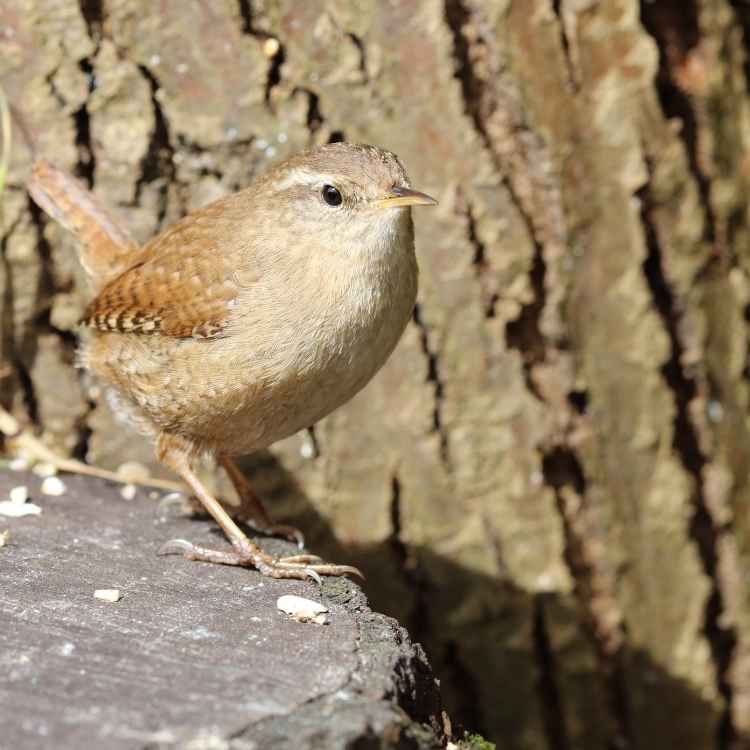
Practical Spiritual Responses to Finding a Dead Wren
When you discover a dead wren, creating a respectful burial ritual can provide both closure and spiritual meaning. Consider wrapping the bird in a natural cloth or placing it on a bed of flowers before returning it to the earth. As you bury it, speak words of gratitude and blessing, acknowledging the wren’s spirit and any message it might bring. This simple ceremony honors the bird while helping you process the encounter.
Prayer or meditation practices can further honor the wren’s spiritual significance. Find a quiet space where you can reflect without interruption. Visualize the wren’s spirit returning to the source of all life, carrying your intentions and awareness. You might include traditional prayers from cultural traditions that revered wrens, or create your own heartfelt communication expressing respect for this messenger between worlds.
When handling deceased wildlife, ethical considerations are important. Wear gloves for health safety, and check local regulations about handling wild birds, as some species are protected even after death. Approach the dead wren with reverence rather than fear or disgust, recognizing that death is a natural transition rather than something to avoid acknowledging.
Journaling about your experience creates space for processing emotions and insights that arise. Record the circumstances of finding the wren – location, time, weather, and your initial feelings. Return to these notes in coming weeks to notice any patterns or revelations that emerge, connecting the encounter to events in your life.
Protection and Guidance Rituals
Throughout history, various cultures have associated wren feathers with protective properties. Manx fishermen traditionally carried a wren’s feather for protection against drowning – a practice reflecting the belief that these tiny birds carried powerful protective energy. While modern ethics discourage taking feathers from deceased protected birds, you can create a symbolic protective talisman inspired by this tradition using a feather-shaped charm or drawing.
Home blessing rituals drawing on Celtic wren symbolism can create sacred space honoring the bird’s message. Light a candle representing transformation, and walk clockwise through your home while visualizing protective, renewing energy filling each room. Speak words inviting release of stagnant energies and welcoming fresh beginnings – reflecting the spiritual meaning associated with the wren’s passage.
For meditation visualization, incorporate the wren’s distinctive flight pattern – quick, darting movements followed by stillness. This mirrors the spiritual journey of intense transformation followed by integration periods. Visualize yourself moving with the wren’s agility through life changes while maintaining your center through mindful presence.
Connecting to natural cycles of death and rebirth, consider creating seasonal ceremonies acknowledging transition points. At winter solstice – traditionally associated with the wren in Celtic traditions – create a ritual symbolizing what needs to end in your life to make space for new growth when spring returns. This practice honors the wren’s historical connection to seasonal transition while personalizing its wisdom for your circumstances.
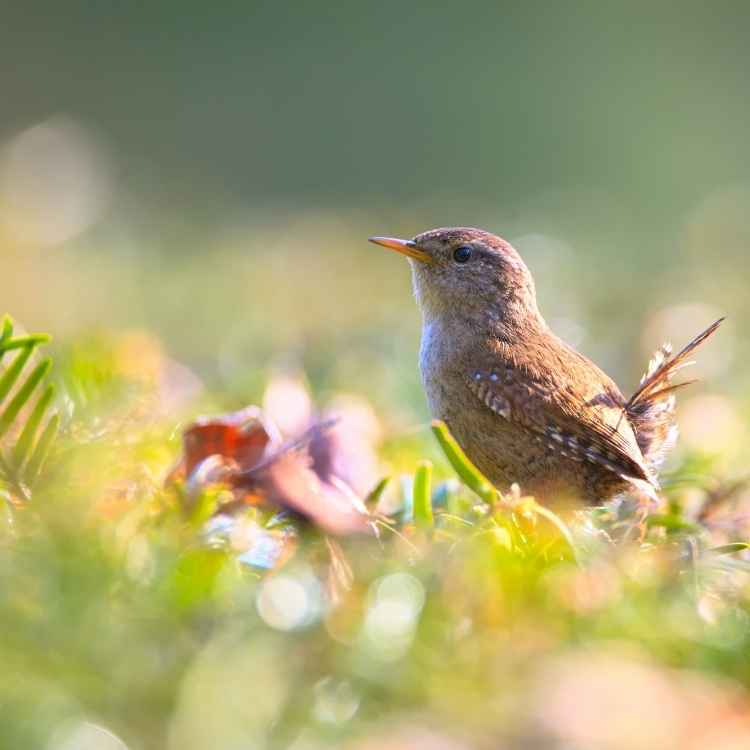
Differentiating Between Natural Death and Spiritual Signs
When encountering a dead wren, it’s important to balance spiritual interpretation with practical understanding. Sometimes, a dead bird is simply part of nature’s cycle without specific spiritual significance. Birds die from natural causes including age, disease, weather conditions, or predation. Recognizing this biological reality doesn’t diminish potential spiritual meaning but provides contextual grounding for interpretation.
However, certain circumstances might suggest a spiritual message is present. Unusual timing – such as finding a dead wren on a significant date or immediately after seeking guidance – often indicates meaningful synchronicity. Similarly, unusual locations (like finding a wren inside your home when windows were closed) or repeated encounters with dead wrens suggest something beyond ordinary natural occurrence.
Your intuition plays a crucial role in discernment. Notice your immediate emotional and physical response upon finding the dead wren. A sense of significance, chills, or sudden insight often accompanies spiritually meaningful encounters. Trust these intuitive signals while maintaining critical thinking.
A balanced approach respects both scientific understanding and spiritual meaning. Consider consulting wildlife resources to understand if local wren populations face environmental threats while simultaneously reflecting on potential spiritual messages. This integration honors both the physical reality of the bird’s life and the possibility of deeper significance in its death.
Common Misconceptions About Dead Bird Omens
One persistent misconception is that dead birds universally represent bad omens. While finding a dead wren might indicate challenging transitions, it rarely signals impending disaster as some superstitions suggest. Instead, it typically represents necessary transformation – which may involve difficulty but ultimately serves growth. Cultural context significantly influences interpretation, making universal claims about dead bird omens problematic.
Understanding how wren symbolism evolved over centuries provides important perspective. In early Celtic traditions, the wren was simultaneously sacred and associated with sacrifice – a nuanced representation lost in simplified modern interpretations. Similarly, the wren’s connection to betrayal in Christian contexts evolved from specific historical narratives rather than representing inherent negative qualities.
The problem with one-size-fits-all interpretations becomes apparent when examining diverse cultural traditions. While European folklore might emphasize the wren’s association with winter and death, other traditions highlight its intelligence and resilience. These varied perspectives remind us that symbolic meaning is culturally constructed and constantly evolving.
Finding personal truth amid varying traditional beliefs requires both research and intuition. Honor traditional wisdom while recognizing your unique circumstances and cultural context. The most meaningful interpretation will resonate deeply with your lived experience while acknowledging the wren’s rich symbolic history.
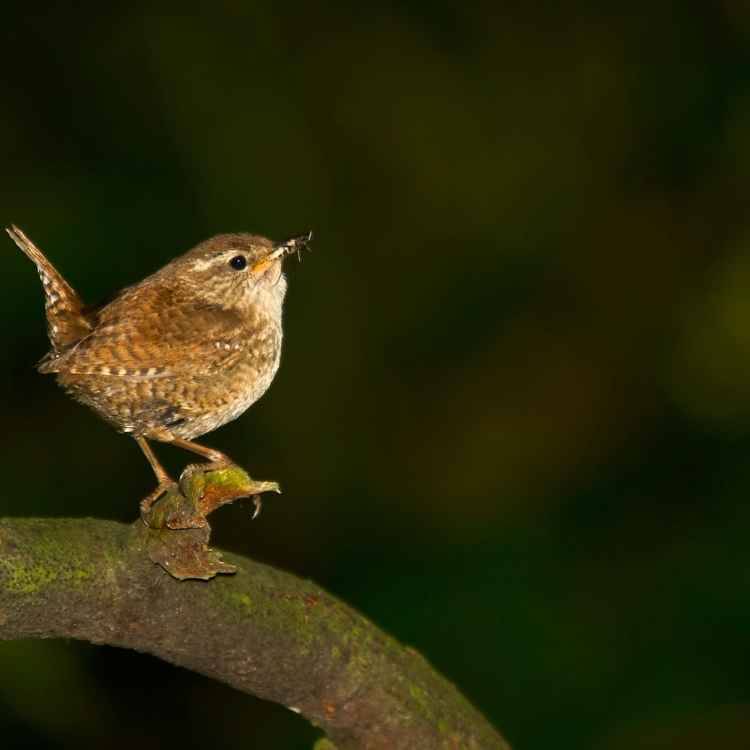
Dreams About Dead Wrens
Dreams featuring dead wrens can be interpreted through both psychological and spiritual frameworks. Psychologically, the dead wren might represent aspects of yourself that feel vulnerable or silenced – perhaps your own “small voice” that needs acknowledgment. Spiritually, such dreams often indicate messages from ancestors or spirit guides attempting to communicate important guidance about life transitions.
Common dream scenarios involving dead wrens carry distinct meanings. Finding a dead wren in your home during a dream might symbolize unacknowledged issues within your domestic life or family relationships. Burying a dead wren suggests you’re processing grief or consciously releasing outdated aspects of yourself. A dead wren transforming into another form often represents spiritual rebirth or the discovery of unexpected strength through vulnerability.
Personal associations significantly affect dream symbolism. Consider your relationship with wrens – have you admired their song, kept them as totems, or had memorable encounters with them? These personal connections create unique symbolic meanings beyond traditional interpretations. If wrens represent joy or freedom to you, a dead wren dream might indicate temporary loss of these qualities rather than more traditional meanings of betrayal or sacrifice.
To analyze your dream more deeply, try these journaling prompts:
- What emotions did you experience during and after the dream?
- What other symbols or characters appeared alongside the dead wren?
- How does the dream connect to current life circumstances or decisions?
- What message might your subconscious be communicating through this symbol?
Integrating the Message: Personal Growth Opportunities
Encounters with a dead wren offer unique opportunities for spiritual growth and self-reflection. Consider these questions to deepen your understanding of the experience:
- What transitions am I currently navigating that mirror the wren’s passage between worlds?
- Where in my life might I need to pay closer attention to small but significant details?
- What aspects of myself or my circumstances feel ready for transformation?
- How can I honor both endings and beginnings in my current situation?
Honoring the wren’s spirit through personal change gives meaningful purpose to your encounter. This might involve developing greater attention to detail, embracing vulnerability as a strength, or cultivating adaptability in challenging circumstances – all qualities embodied by the resilient wren. Consider identifying one specific action or habit change inspired by the wren’s symbolism that you’ll implement in coming weeks.
Creating meaningful rituals respecting both tradition and personal beliefs helps integrate the wren’s message. You might designate a special place in nature where you can regularly reflect on transitions, create artwork expressing the wren’s symbolic significance in your life, or establish a seasonal practice acknowledging cycles of death and rebirth. These personalized rituals transform abstract symbolism into lived experience.
Finding closure while remaining open to ongoing guidance represents the delicate balance at the heart of spiritual growth. Honor the specific message of your wren encounter while recognizing that its meaning may continue unfolding over time. Record insights that emerge and notice how they connect to life events, creating an evolving relationship with the wisdom the wren’s passage offered.
FAQ
What does it mean when you find a dead wren?
Finding a dead wren often symbolizes transformation and necessary endings in your life journey. In spiritual traditions, it may represent a message from ancestors or spirit guides about paying attention to overlooked details or betrayals. Context matters—consider where and when you found it for deeper personal meaning.
Is a dead wren a bad omen?
A dead wren isn’t inherently a bad omen. While some traditions connect it to betrayal or sacrifice, others see it as a protective messenger. Rather than focusing on “good” or “bad,” consider what transition or transformation the wren might be highlighting in your life.
What does the wren symbolize spiritually?
Spiritually, the wren symbolizes divine wisdom, cunning intelligence, and the ability to navigate between worlds. Known as the “Druid bird” in Celtic traditions, wrens represent seemingly small things that carry great power and the importance of finding your voice despite challenges.
Why did I find a dead bird on my doorstep?
Finding a dead bird on your doorstep often symbolizes a message delivered directly to your personal space. This placement suggests the message relates to your home life, identity, or personal boundaries. Consider what transitions or endings might be occurring in these areas of your life.
